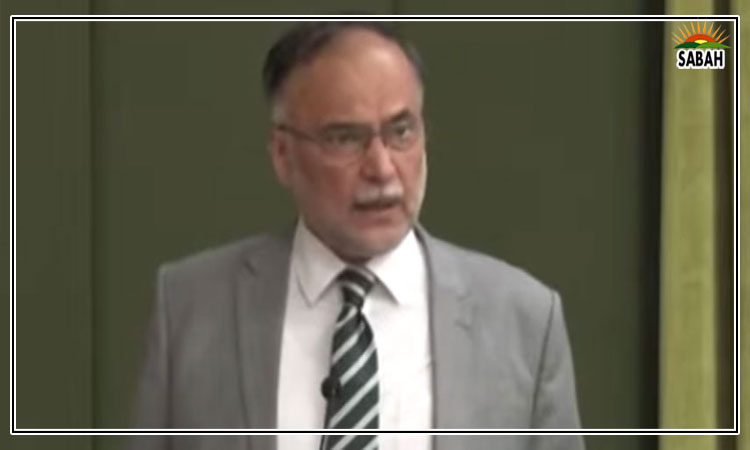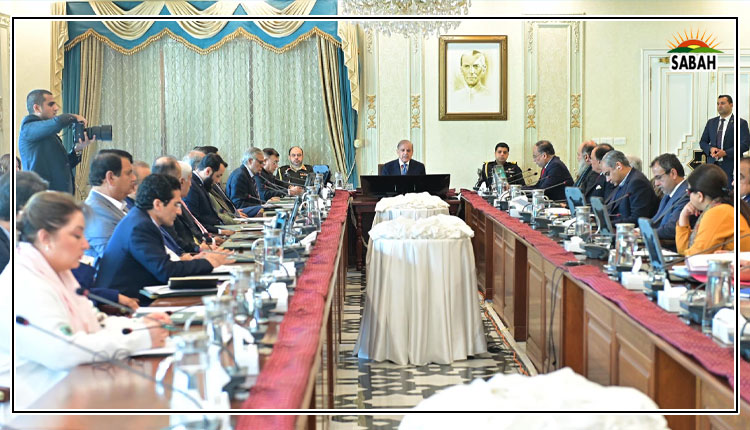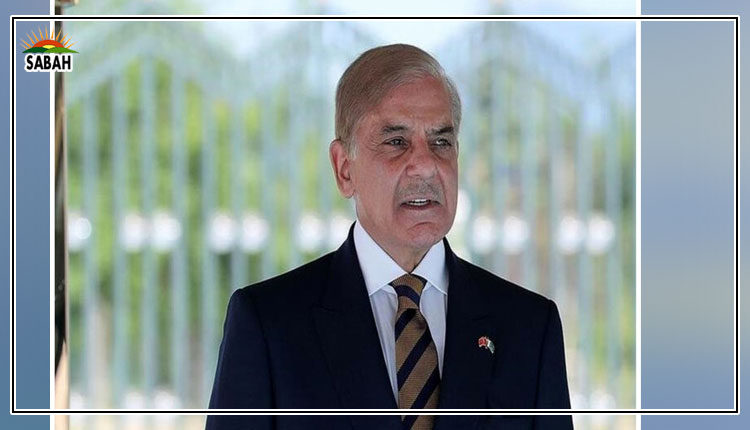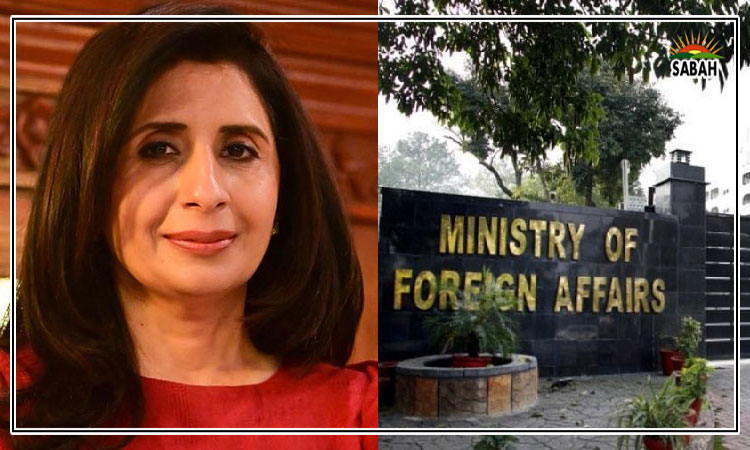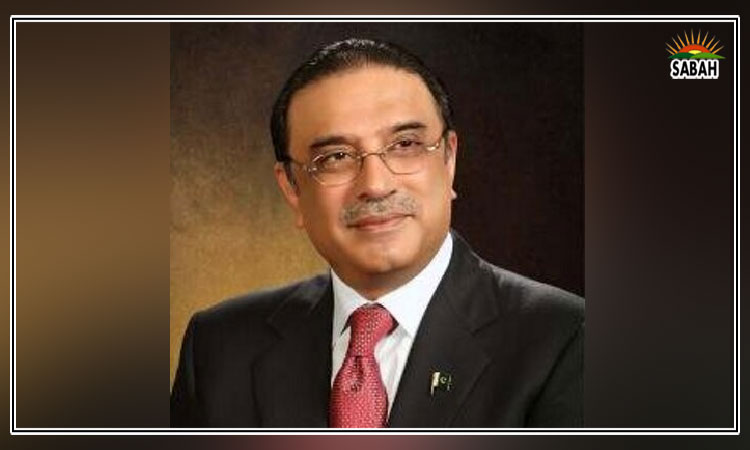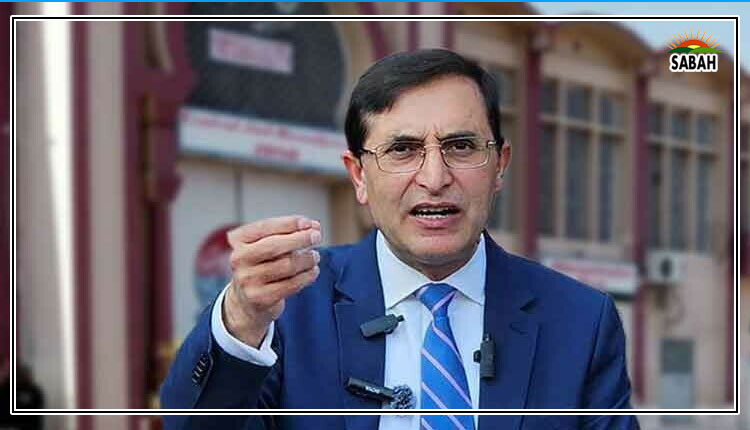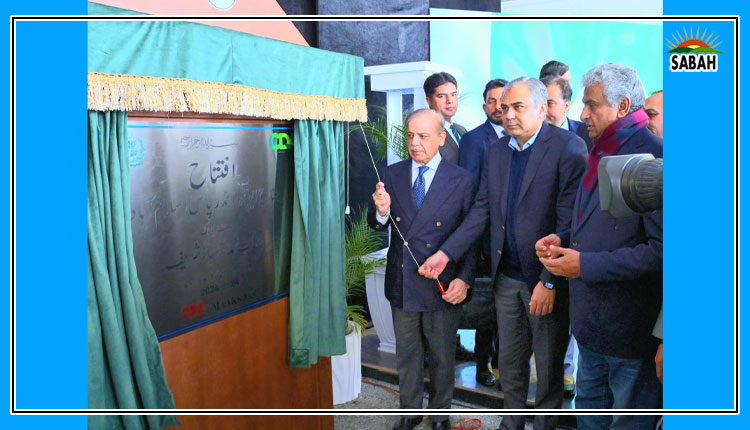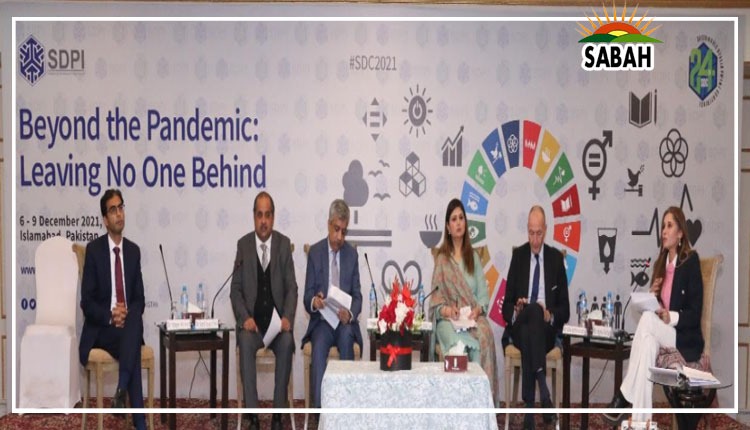Laws must ensure accountability of the State Bank of Pakistan: Dr. Hafiz Pasha
ISLAMABAD, Dec 08 (SABAH): Laws must ensure the accountability of the State Bank of Pakistan and the accountability should rest with the government under the Prime Minister, and there should be coordination between the bank and the ministries concerned, said Dr. Hafiz Pasha, former finance minister.
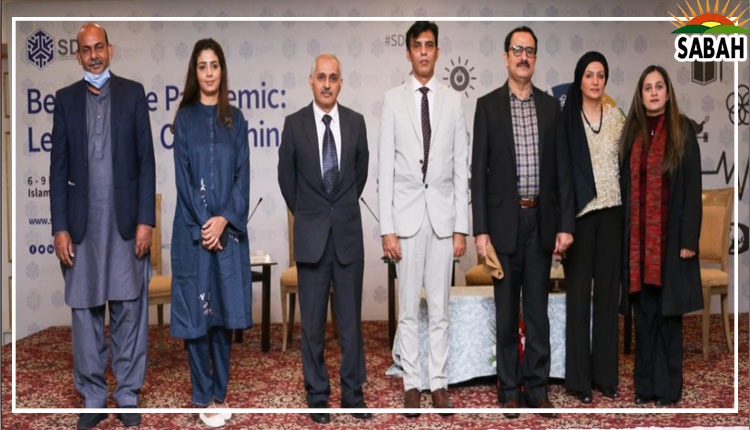
He was speaking at a session Understanding the Social Footprint of Central Banking and Monetary Policy in Pakistan on the occasion of 24th Sustainable Development Conference organized by Sustainable Development Policy Institute (SDPI). The theme of the conference is ‘Beyond the Pandemic: Leaving No One Behind’. Hafiz Pasha said that the government should bring back the inflation monitor, which kept track of inflation in different income groups as well as cities.
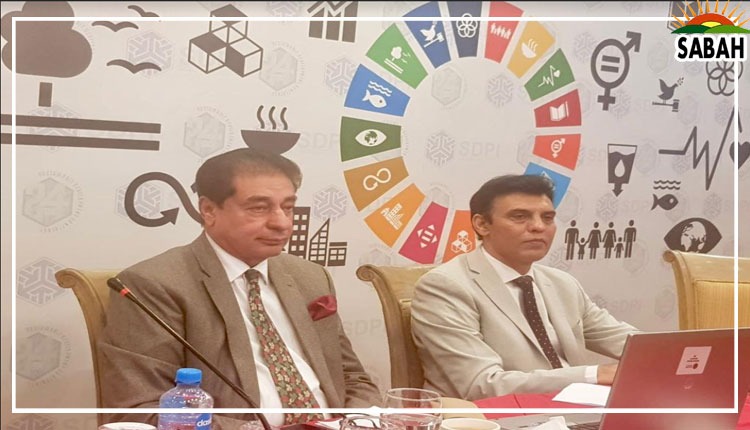
Hassan Daud Butt, Board of Investment and Trade, Khyber Pakhtunkhwa, said a strong and long-term policy needs to be devised and implemented to prevent the frequent changes made in the monetary policies as they hurt the business community.
SDPI’s Dr. Vaqar Ahmed said the central banks should be granted a higher role and responsibility in mitigating inequality.
Dr. Sajid Amin said the inflation target should be set by parliament instead of the central bank. The central bank should consistently engage with the think tanks, ministries, etc.
Accountability must be established within the central bank as well as where policy making is being done, he added. More gender inclusive committees for policy making must be established to acknowledge the other half of the population, said Dr. Alia Hashmi, Member of PM’s Economic Advisory Council. Transparency should be established in policies made by the state bank so the citizens may know the impact they will have on them.
Speaking at a session on ‘Impact of COVID-19 on Progress towards Sustainable Development Goals (SDGs) in South Asia: Challenges and Way Forward for Regional Cooperation’, SDPI Executive Director Dr Abid Q. Suleri, said that the South Asian countries need to re-strategize their work and there should an integrated agenda to fight any pandemic in future.
Riaz Fatyana, MNA & Convener Parliamentary Task Force on SDGs, stated that in COVID-19 most of the SDGs are affected badly due to lockdown. He suggested that this is the right time that parliamentarians, stakeholders and policy makers should sit together and share their knowledge, experiences and expertise to work on UN agenda for our own sake.
Dr. Fahmida Khatun, from Bangladesh said Covid-19 has badly affected education system, adding, a lot has to be done before any serious threat of new pandemic.
At a session on Micro, Small and Medium Enterprises (MSMEs) amid COVID-19: Assessment of Loss, Relief and Recovery Policies, Coping Strategies, and the Way Forward, Regional Director (IDRC) Dr Anindya Chatterjee said that lockdowns and subsequent impact on the economy caused deterioration in the livelihoods and wellbeing of common people. The informal workers and the small businesses in the rural areas suffered the most, however, innovative government programmes rescued the most vulnerable segments.
Senior Policy Specialist Faheem Sardar talked about the government efforts during the pandemic and suggested that the government should find out the needs of SMEs to undo the COVID impact for improving the business activity.
Knut Ostby, UNDP, said there is opportunity in Pakistan in SMEs sector, but I think we don’t benefit from this opportunity as much. Mr Muhammad Umer Saleem Bhatti suggested that first we should have a data base of SMEs.



